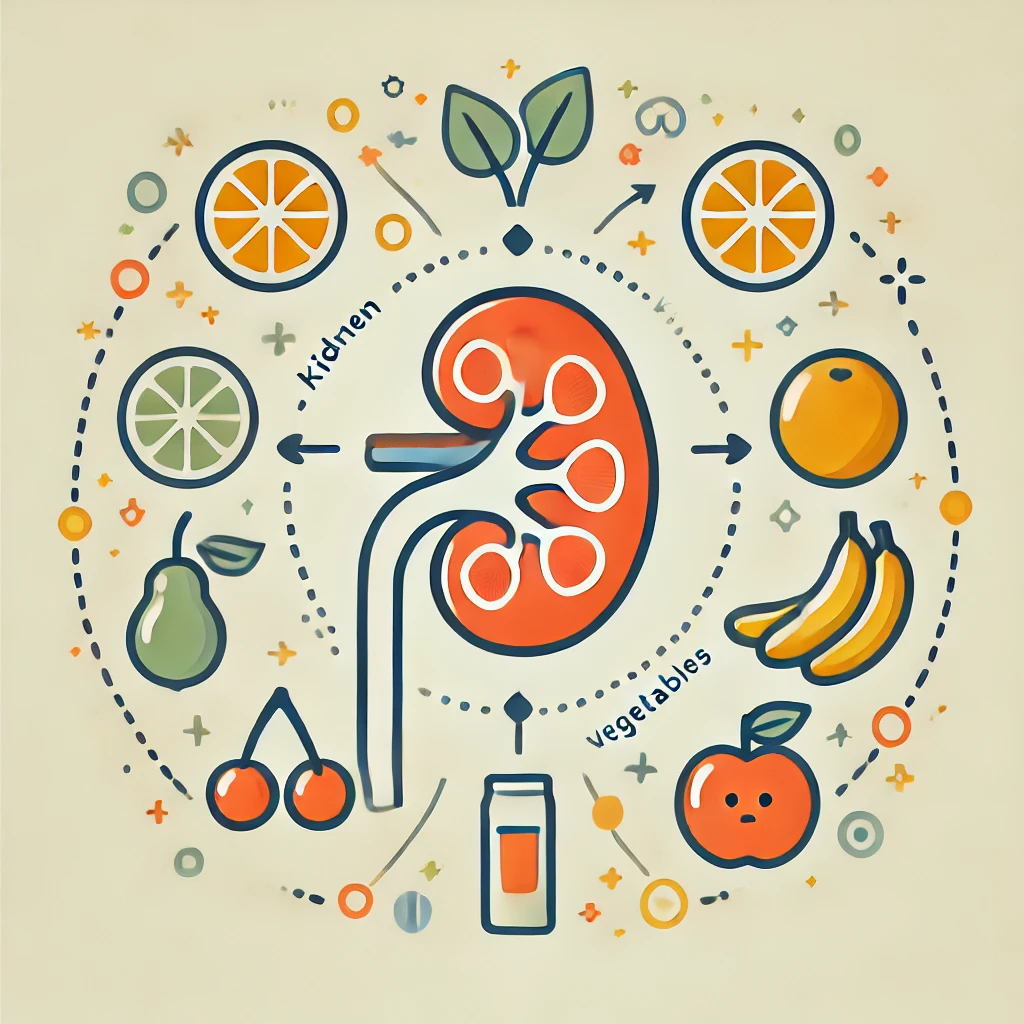Careful About Potassium Intake from Fruits and Vegetables?
Potassium Regulation in Chronic Kidney Disease (CKD) Potassium regulation Mechanisms in Chronic Kidney Disease (CKD) evolve as the disease progresses. Before the estimated Glomerular Filtration Rate (eGFR) drops below 30, the body can maintain levels… Careful About Potassium Intake from Fruits and Vegetables?

